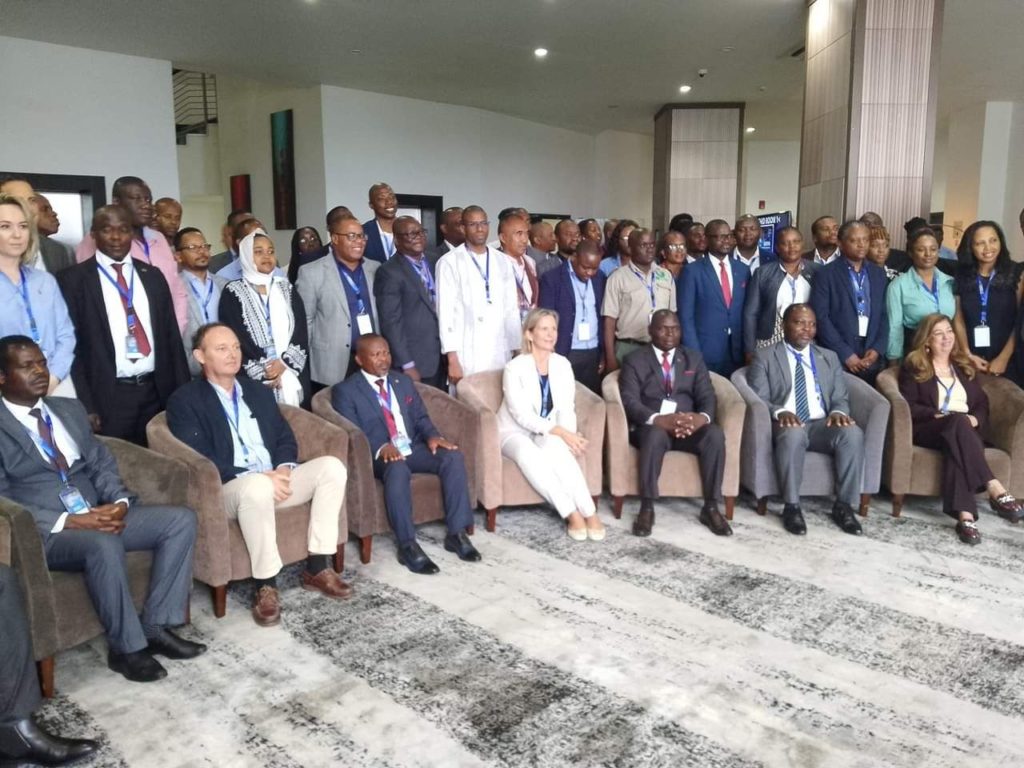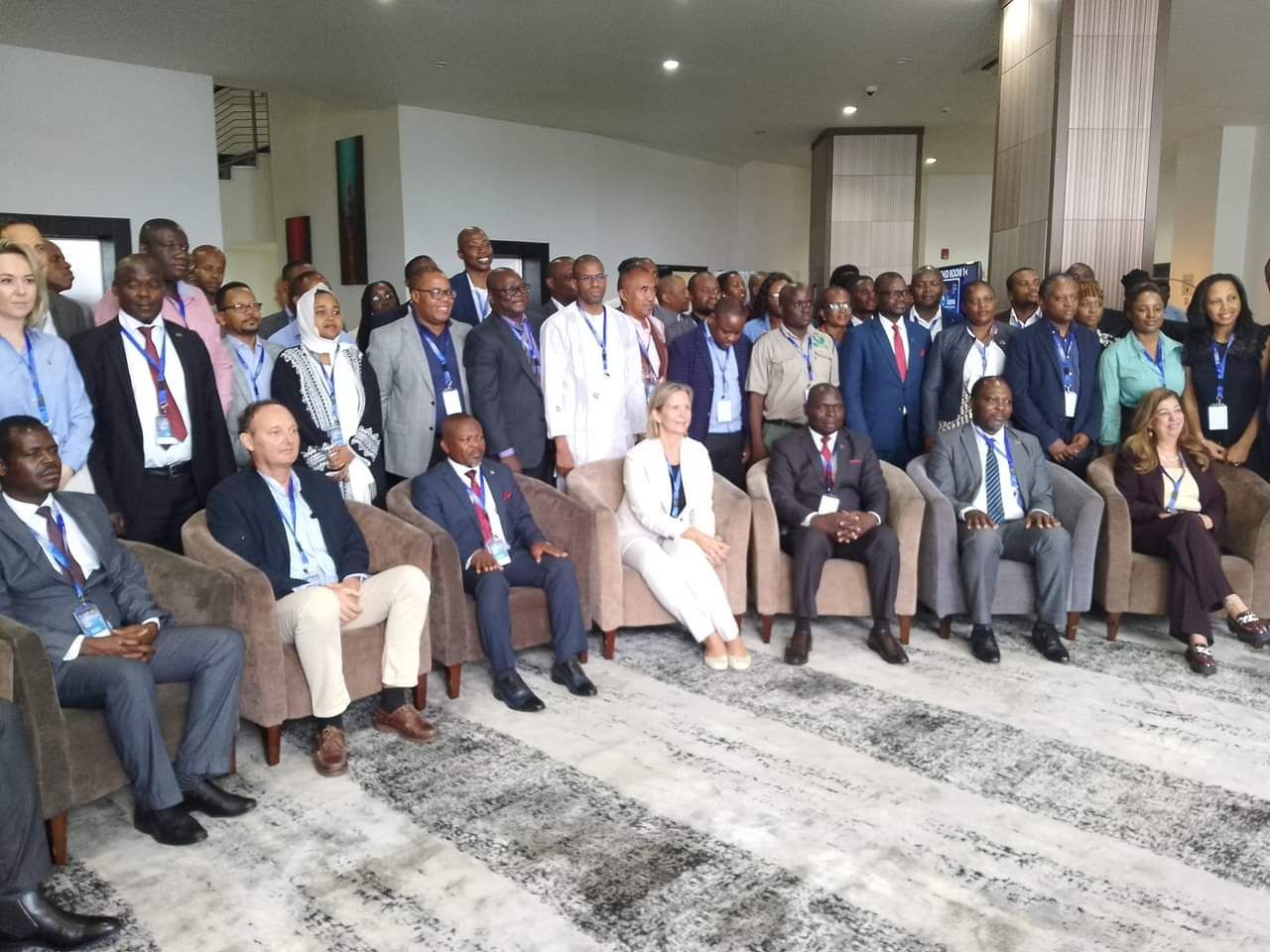By Tikondane Vega
Minister of Natural Resources and Climate Change, Michael Usi has called on African countries to decisively prioritise biodiversity conservation in the national budget and demonstrate commitments in preserving rich biodiversity for sustainable economic development of their respective countries.
The minister said this in Blantyre on Wednesday during the opening of the 10th African Regional Dialogue on Biodiversity Finance which has attracted 18 African countries including Botswana, Comoros, Ethiopia, Egypt, Gabon, Kenya, Mozambique, Namibia, Rwanda, South Africa, Tanzania, Uganda and Zambia.
Usi said while considering the importance of biodiversity to social and economic development, it is sad to note that biodiversity expenditure is the smallest of the total national budget in most countries yet financial needs assessments reveal that millions of dollars are needed to manage biodiversity-specific goals effectively.
He, therefore, said increasing budget expenditure for biodiversity conservation was not only a moral imperative but also an investment in collective future.

“At the last conference of the parties to the Convention on Biological Diversity, biodiversity finance plans featured highly on the agenda and the expectation is that countries will not just develop biodiversity finance plans but should also implement them and generate tangible financing for biodiversity.
“The success of this initiative will, therefore, be based on how much financial resources we make available for biodiversity. I, therefore, expect this meeting to reflect on biodiversity conservation and explore innovative ways in which it can be funded,” he said.
Minister of Finance and Economic Affairs, Simplex Chithyola Banda, said Malawi was making strides in financing ecosystem conservation as evidenced by allocation of resources in the 2024/2025 annual budget.
Banda observed knowledge gap on issues of biodiversity and expressed hope the meeting will address the knowledge gap so that Malawi will make informed decision when awarding contract and distribution of resources generated from the area.
“As you know biodiversity touches several economic sectors such as agriculture, forestry, fisheries hence recognising its importance, Malawi completed the task of tagging biodiversity in the national budget since previously biodiversity did not have codes in the governments charts of account.
“Now we have developed biodiversity budgeting codes for Ministry of Agriculture, Environmental Affairs Department, Department of Water Resources and Department of Tourism. Development of biodiversity codes will enable allocation of funds for biodiversity conservation within the public finance system.
Further the codes will enable expenditure tracking of biodiversity within the public finance system,” said Banda.
United Nations Development Programme (UNDP) Resident Representative for Malawi, Fenella Frost, said Malawi has gone a significant mile in hosting esteemed delegates from 18 countries alongside distinguished team from the Global Office.
She said: “This underscores our collective commitment towards biodiversity conservation. This dialogue is an invaluable platform for experts in biodiversity finance across Africa and the UNDP- Biodiversity Finance Initiative (BIOFIN) Global Office to convene, share experiences, and gather insights into innovative resource mobilization strategies. Together, we aim to chart a sustainable course for biodiversity conservation.
“We are here to facilitate experience sharing and technical discussions among BIOFIN countries, leveraging our collective expertise to drive meaningful progress in biodiversity conservation. We also seek to share experiences and lessons learned on the effective implementation of finance solutions, drawing insights from global initiatives and emerging frameworks such as disclosure frameworks, subsidy repurposing, insurance mechanisms, and risk management strategies.
Malawi joined BIOFIN in 2019. The project is being managed through UNDP and is led by the Ministry of Natural Resources and Climate Change and the Ministry of Finance.
In the first phase of implementation from 2019 to 2022, the project developed a biodiversity finance plan which has 11 priority innovative solutions for funding biodiversity conservation, some of the solutions include: payment for ecosystems services; carbon marketing for biodiversity conservation; tagging biodiversity in the national budget; and recapitalization of statutory funds in the natural resources sector.
Meanwhile, Malawi is in the process of recruiting a consultant to undertake the feasibility study for the Payment for Ecosystems Services Scheme.
Malawis goal is to ensure that BIOFIN solutions shift from heavy reliance on funding from Government and Oversees Development Assistance to self-funded initiatives in executing conservation work.



